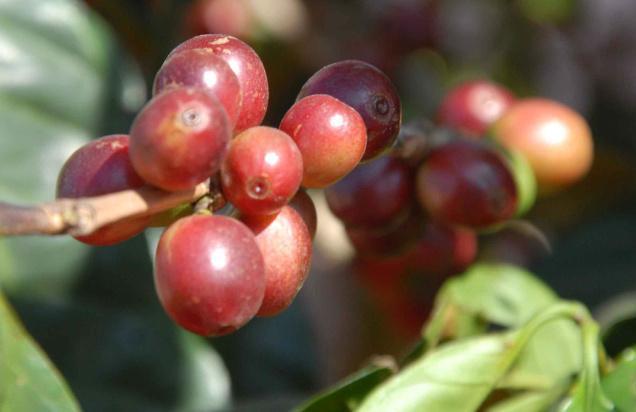Coffee planters have pegged coffee bean production at three lakh tonnes for 2014-15 (post-blossom estimates) against the Coffee Board’s projections of 3,44,750 tonnes.
The reason for stagnation in bean production is attributed to rampant pest attacks from white stem borers (WSB) across Arabica growing regions in Karnataka, which accounts for 70 per cent of the country’s output. To avoid the spread of borers, many planters have resorted to uprooting plants infected by WSB in estates.
There has been severe WSB attacks in Arabica plantations in Kodagu, Chikkamagalur and Hassan districts, according to Karnataka Planters Association (KPA) Chairman D. Govindappa Jayaram.
The Board estimated domestic Robusta production at 1,05,500 tonnes and Arabica at 2,39,250 tonnes. While the KPA said the Board’s estimates for Robusta production would be reached, it would not in the case of Arabica production. Arabica production would reach only 60,000 tonnes for the year. Hudhud cyclone has caused severe damage to Arabica plantations in Andhra Pradesh, the KAP said.
The Board estimation for Karnataka is 2,48,300 tonnes with 80,700 tonnes of Arabica and 1,67,600 tonnes of Robusta.
Coffee planters deliberated on various issues confronting the industry during the 56th AGM of the KPA here. Home Minister K J George said a meeting between growers and Chief Minister Siddaramaiah would be convened to address the grievances of the industry.
BJP MP Shobha Karandlaje, said no pesticides have been found to tackle WSB in the country. “Now, WSB infected plants are being removed or burnt to prevent spread of the disease,” she said.
The severe incidence WSB is due to the continuous dry weather from October 2013 to April 2014 and high temperature during summer months had ruined Arabica prospects, planters said.
The Coffee Board has set a target to achieve four lakh tonnes of bean production in the country through area expansion and productivity enhancement in the next 5-10 years, a growth of over 30 per cent over the current production level.
In 2013-14, production stood at 304,500 tonnes.
source: http://www.thehindu.com / The Hindu / Home> News> Cities> Bengaluru / by Nagesh Prabhu / Bengaluru – November 14th, 2014


